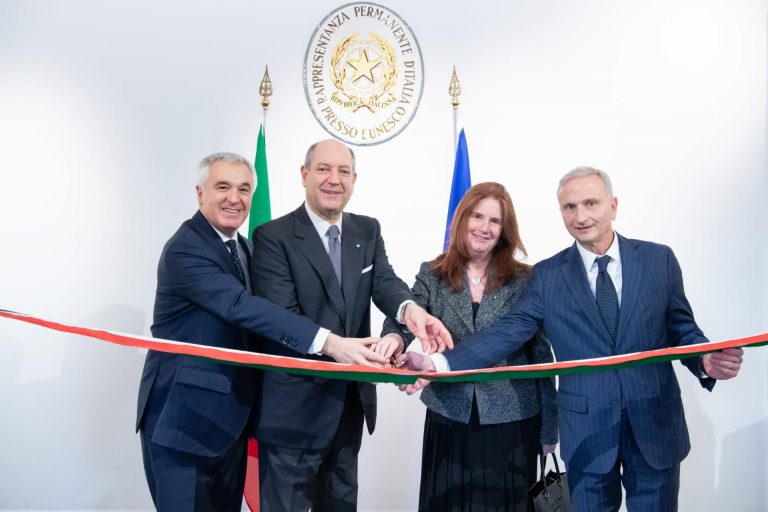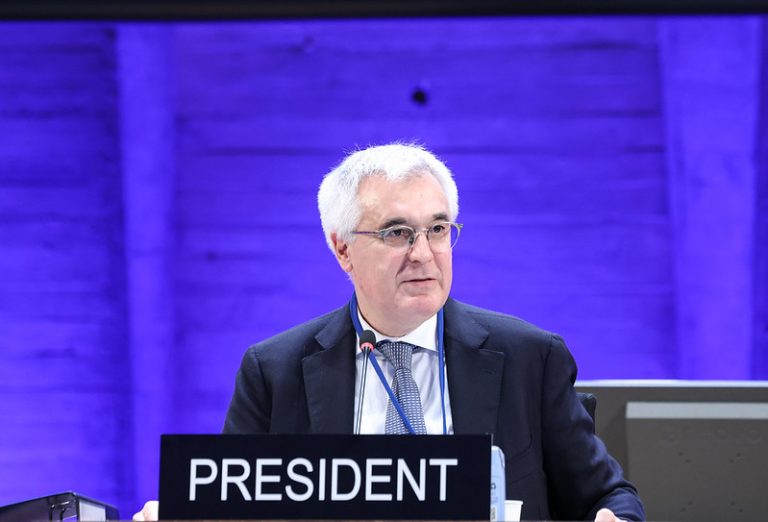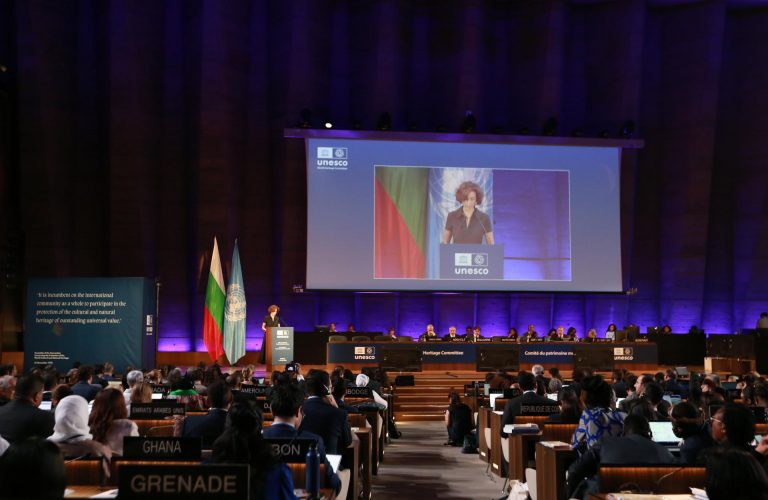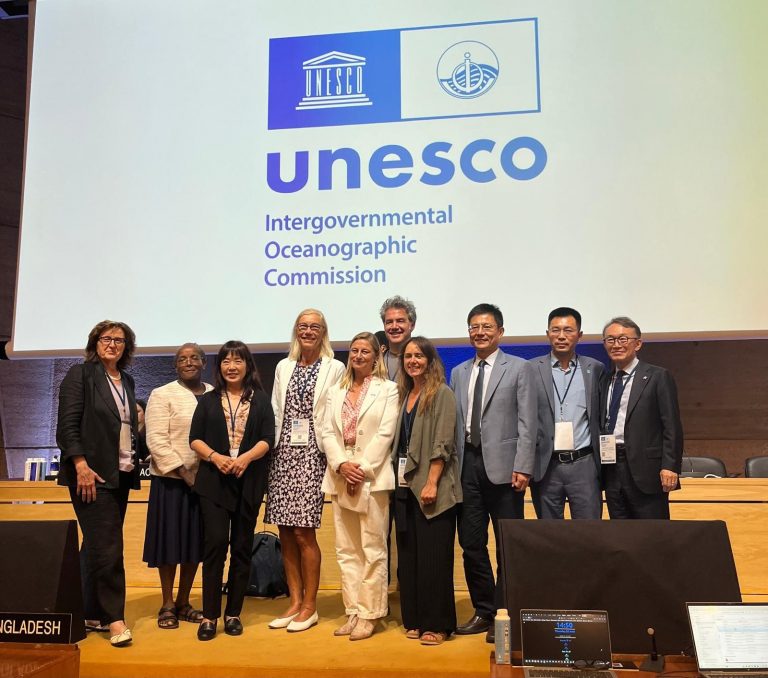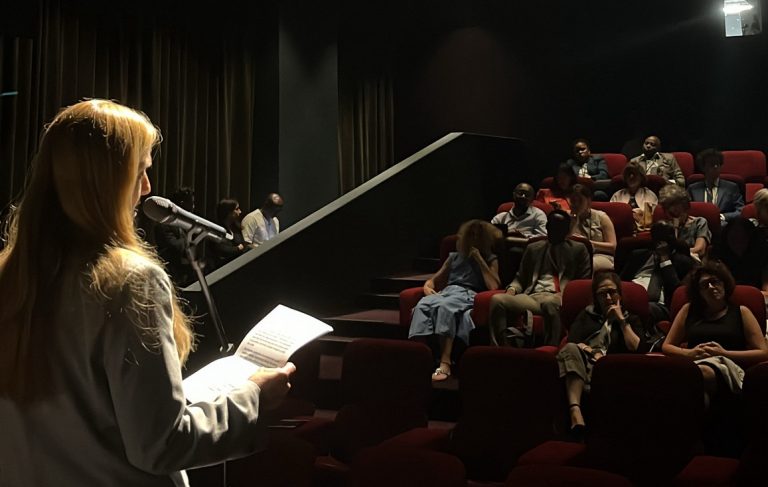The Italian Minister of Foreign Affairs Angelino Alfano: “An important result for Italy, which was elected to the Committee for the protection of cultural property in the event of armed conflict and to its Bureau ».
“This election comes as a result of Italy’s engagement at UNESCO for the safeguarding of cultural heritage”, declared the Italian Minister. “This success strengthens Italy’s foreign policy in a sector where our country already has an undoubted leadership, and which stands as one of the core EU and UN lines of action».
Minister Alfano continued: “Cultural heritage represents the expression of the identity of each people and of its origins. Therefore, the conditions for a peaceful cohabitation may only be secured by preserving cultural heritage».
The Committee was established by the Second Protocol of 1999 to the Hague Convention of 1954 and is responsible for the implementation of the latter, which is the first UNESCO cultural Convention to deal with the safeguarding of cultural heritage and was created right after WWII.
« Given the recent deliberate attacks perpetrated against cultural heritage all around the globe, this Convention is still highly topical notwithstanding the date of its creation (1954). Italy’s “culture blue helmets” work inside UNESCO is carried out in this very framework”.
Composed of 12 countries which are elected for a 4-year term, the Committee is in charge of examining international cultural heritage assistance requests and of granting the « enhanced protection status » to cultural property of the greatest importance for humanity.
“I am very proud of this election where Italy received the highest number of votes » concluded Minister Alfano. “Thanks to our expertise and to the work of our « Unite4Heritage Task Force », we will be able to further contribute to UNESCO’s action for the safeguarding of cultural heritage and to better respond to Member States’ requests of assistance ».






